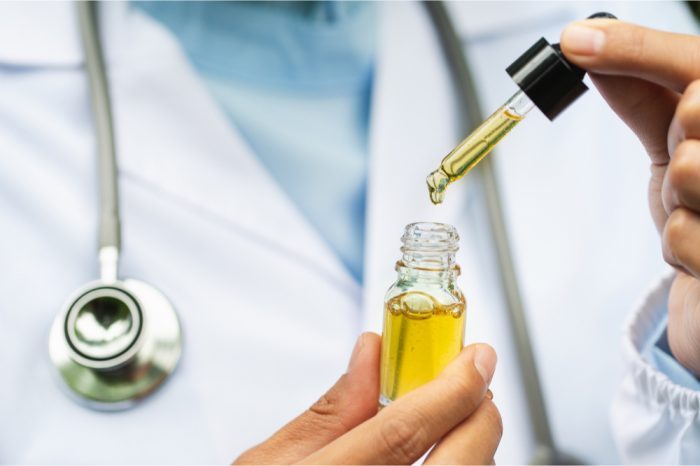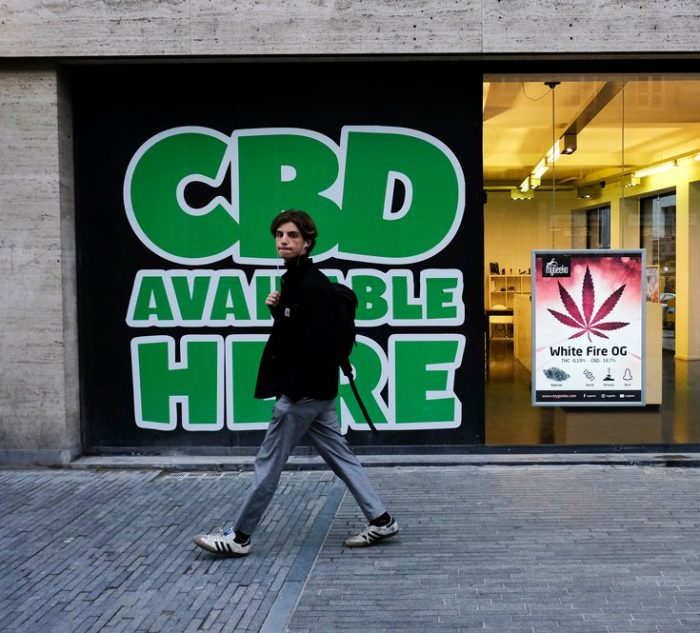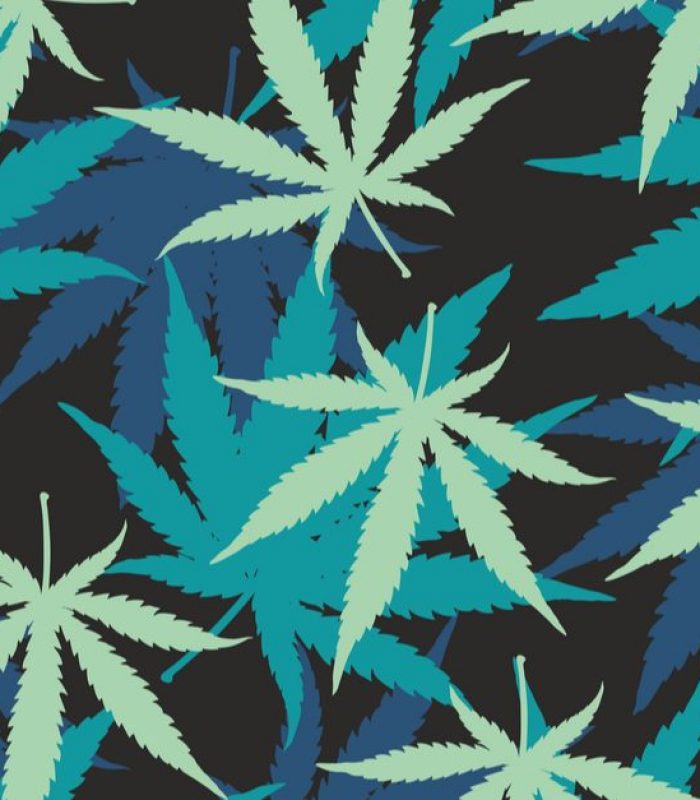Before the hemp legalization celebrations ended, the victory was tarnished by the revelation that this meant more FDA oversight.
On December 20, 2018, President Donald Trump signed the federal farm bill. This year’s farm bill effectively approves hemp legalization across the US; previous farm bills signed by Obama permitted smaller hemp operations in select states. After nearly a century of prohibition, we’ve got one half of the cannabis family legalized at the federal level, to be overseen by the FDA.
Legalized, being the key word.
In legalese, legalize and decriminalize mean two different things. Decriminalize means some activity is simply allowed by law. Legalize means something becomes subject to heavy regulation, and severe penalties may follow from breaking those regulations, even if the activity is otherwise legal.
That’s where we may be heading with hemp, even though hemp contains a negligible amount of THC, the component in cannabis that gets us high.
Why should we hold off on celebrating? There are a few good reasons.
FDA Hasn’t Rolled Out Regulations Yet
The federal farm bill may allow hemp farming, but it doesn’t set rules regarding licensing (if any), lab testing, labeling, cultivation, etc. Given that the FDA is the main culprit responsible for keeping cannabis at Schedule I – the most restrictive category for drugs – we have every right to be suspicious of their plans for hemp.
To give you some idea of what happens when government regulators get their hands on cannabis, take a look at Washington state’s I-502, the law that legalized recreational pot there. Voters put the state liquor board in charge of their medical weed, and within a year, the Evergreen State’s medical cannabis program was effectively regulated out of existence.
Or take a gander at Denver’s I-300, an initiative to allow social consumption or “cannabis clubs” in the city limits. Voters thought I-300 would give them spas, yoga studios, dance studios, gymnasiums, and massage clinics where they could smoke cannabis on site. Instead, I-300 regulators gutted the original bill (against the voters’ wishes), restricting potential clubs to parking lots and abandoned factories in Denver’s industrial district. So far, only one coffee shop out in the boonies possesses an I-300 permit, and said café cannot sell weed, nor does anyone really visit it, either.
Of course, the federal government isn’t local governments, like in Washington state or Denver. The federal government is much, much worse.

Some States Still Ban THC
Under the farm bill, anyone can legally grow hemp, even in states where medical or recreational pot remain illegal. This creates a huge problem.
Let’s say Farmer George lives in Idaho. He grew tired of growing potatoes. So he grew hemp instead. All seems well until state regulators randomly test a batch of his crop, and the crop comes up hot for THC: he’s over the 0.3 percent THC maximum allowed by federal law. An easy and common mistake to make.
Is George guilty of growing marijuana now and not hemp? Can Idaho authorities arrest him for cultivating a Schedule I drug? Can law enforcement take his home, his truck, his land, and his bank accounts simply because his hemp went slightly over the legal THC limit?
This scenario is not entirely unheard of. Hemp farmers in Cyprus were arrested this year for growing hot hemp plants – and granted, Cyprus isn’t the US. But if you need US examples, there – are – plenty.
CBD Remains a Controlled Substance – According to the DEA
I’m going to anger some hemp warriors here, but let’s be honest: most people don’t care about hemp textiles, paper, or rope. Bioremediation? Big deal. Most folks want to grow hemp for CBD.
Don’t believe me? Look at Colorado, the nation’s current leader in hemp production. Guess how much of our hemp production goes to paper, textiles, or rope?
Zero. A big fat zilch. Almost every hemp plant grown here is for CBD extraction.
Why? Cost effectiveness, mostly. Like I said, most Americans don’t care for hemp ropes or hemp paper. But Grandma Irving and her pet poodle both love CBD to manage their arthritis. The big money resides in CBD right now.
In September, the DEA tweaked the scheduling for CBD: any CBD product with less than 0.1 percent THC would be Schedule V. Schedule V is a lot better than Schedule I, but Schedule V drugs still require FDA approval (which means billions of dollars in research and development) and a doctor’s prescription. As of right now, only one drug meets the DEA’s CBD criteria, GW Pharma’s Epidiolex.
CBD’s Scheduling is Not New
Of course, CBD’s odd scheduling is nothing new. Even though CBD does not get anyone intoxicated or high, and seems to hold no potential for abuse, the DEA considers CBD Schedule I not because it’s dangerous, but because CBD products usually contain trace amounts of THC—which the DEA does consider dangerous.
Where does this leave the thousands of unregulated CBD products out there, all the ointments and tinctures and balms and salves and pills and drinks?
A few days after Trump signed the farm bill, a new scare hit the media. According to a report from the Associated Press, the FDA now considers all CBD products to be illegal, which is sorta-mostly true. Really, the FDA Commissioner Scott Gottlieb clarified that any products making “unsubstantiated” health or medical claims about CBD were illegal. However, nothing really changed with this news, seeing as CBD products have been flying off the shelves even as the DEA claimed CBD was Schedule I.
What Do We Do Now?
What should we do now? Should we throw out our CBD products in fear of DEA raiding our kitchens? Will any and all hemp farms be subjects to civil asset forfeiture? Will Grandma Irving and her pet poodle have to go back to popping Vicodin and swilling cheap wine?
No. At least, not yet. We’ve seen an entire industry flourish under Schedule I classification. Although the farm bill opens the doors for wholesale federal regulation—and the potential horror that may follow—the proof is in the pudding, a pudding called “profits.”
To make CBD illegal again would cost too much money, and prevent businesses from making good money off of CBD. And although pharmaceutical companies could make a killing off restricting our access, that route is unlikely, especially since cannabis-derived pharmaceuticals have traditionally been poor sellers.





